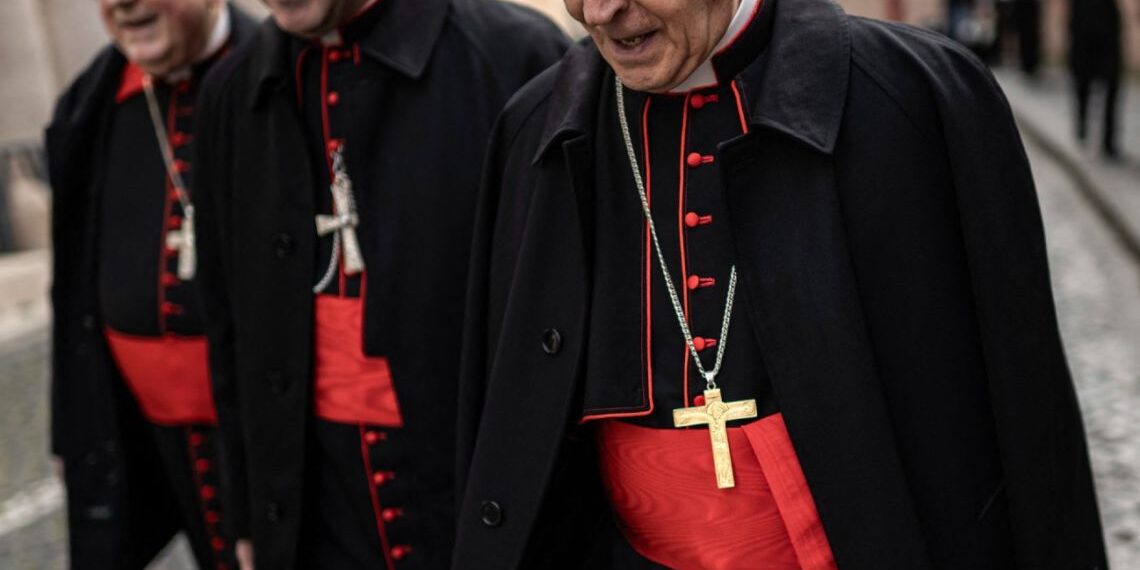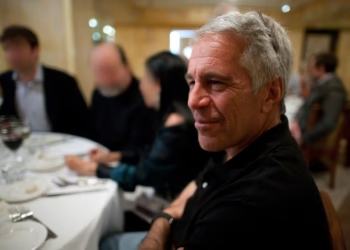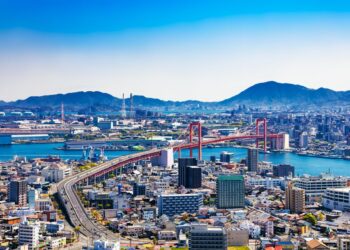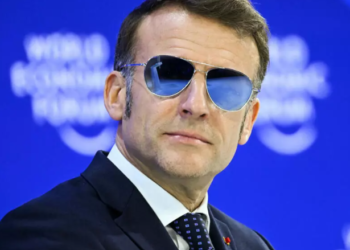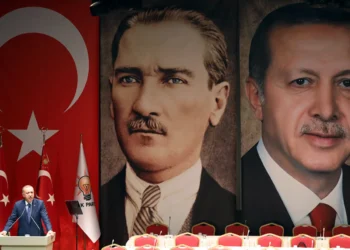VATICAN CITY (Realist English). On Wednesday, May 7, the conclave to elect a new pope officially began in the Sistine Chapel, as 133 cardinal-electors from across the globe — from Latin America to Asia — entered seclusion to choose a successor to Pope Francis, who passed away last month.
Bound by centuries-old tradition, the cardinals surrendered their phones and cut all ties to the outside world. They will remain in residence at the Domus Sanctae Marthae until a new pontiff is chosen by a two-thirds majority. After each round of voting, ballots are burned: black smoke signals no decision; white smoke means a pope has been elected. Only then will the world hear the words “Habemus Papam!” from the balcony of St. Peter’s Basilica.
Among the leading contenders are Vatican Secretary of State Pietro Parolin, Filipino Cardinal Luis Tagle, Ghanaian Cardinal Peter Turkson, and Hungarian Archbishop Péter Erdő. But the stakes are higher than personality: the vote is expected to determine whether the Church continues Francis’s legacy of openness, reform, and solidarity with the poor — or pivots toward conservative retrenchment.
Francis reshaped the global map of Catholicism, shifting its center of gravity toward the Global South. Of the 133 electors, 81 hail from Asia, Africa, and Latin America, while only 52 are from Europe — a historic inversion of the Church’s traditional power base.
The next pope will inherit a Church confronting deep challenges: a credibility crisis following clerical abuse scandals, persistent financial instability at the Vatican, and a need to articulate the Church’s position on key 21st-century issues — including migration, climate change, and wars in Ukraine and the Middle East.
The secretive rituals of the conclave are more than a religious tradition — they reflect the evolving global balance of power. The identity of the next pope will shape not only the Church’s path, but the moral compass of the international community. Will the Catholic voice remain one of peace and mercy, or retreat into caution and insularity? The answer may define a generation.


